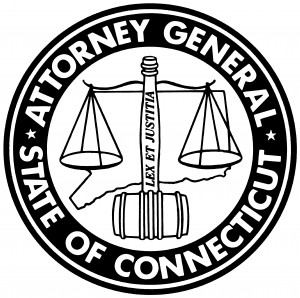Workshops to Detail New State Grants for Towns Improving Commercial Centers
/Legislation approved earlier this year created the Main Street Investment Fund Program, which will provide grants of up to $500,000 to eligible municipalities (under 30,000 population) that have approved plans to develop or improve their town's commercial centers. The Main Street Investment Fund Program is administered by the Office of Policy and Management (OPM) through an application process. Connecticut Main Street Center (CMSC), in collaboration with OPM, is holding a series of workshops to provide information on this program, including who may apply and project eligibility requirements. These workshops will be held around the State during the week of July 30, and are open to municipalities, town officials, economic development professionals and others interested in this program.
- Mon. July 30, 2012 - The Lyceum, Hartford, 10:00 AM - 12:00 PM
- Tue. July 31, 2012 - Chamber of Commerce, Waterbury, 10:00 AM - 12:00 PM
- Wed. August 1, 2012 - The Johnson Room-ECSU Library, Windham, 10:00 AM - 12:00 PM
- Thu. August 2, 2012 - Ft. Trumbull State Park Conference Center, New London, 10:00 AM - 12:00 PM
- Fri. August 3, 2012 - United Way of Greater New Haven, New Haven, 10:00 AM - 12:00 PM
Eligible projects are those that are part of a plan (such as a Town Commercial Center Plan) previously approved by the governing body of the municipality to develop or improve town commercial centers are eligible. These plans should include strategies/improvements to attract small businesses, promote commercial viability, and improve aesthetics and pedestrian access. The funds can be used for signage, lighting, landscaping, architectural features and cosmetic and structural exterior building improvement.
Additional information and registration is available at www.ctmainstreet.org Towns must submit applications for the grants by September 28, 2012.
































